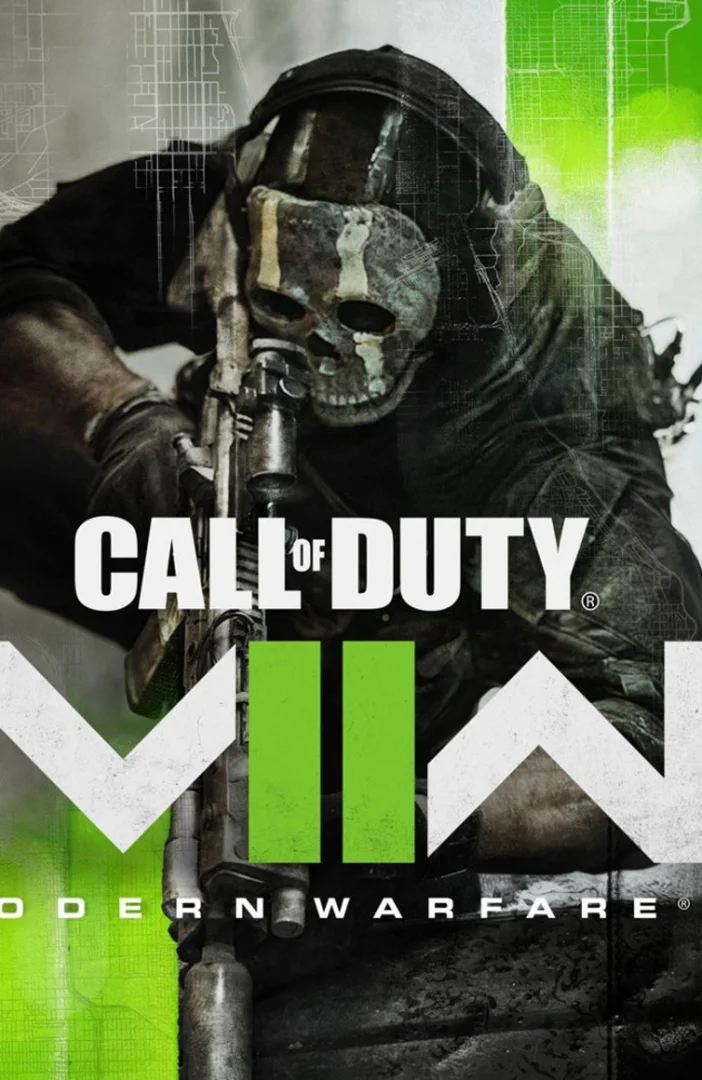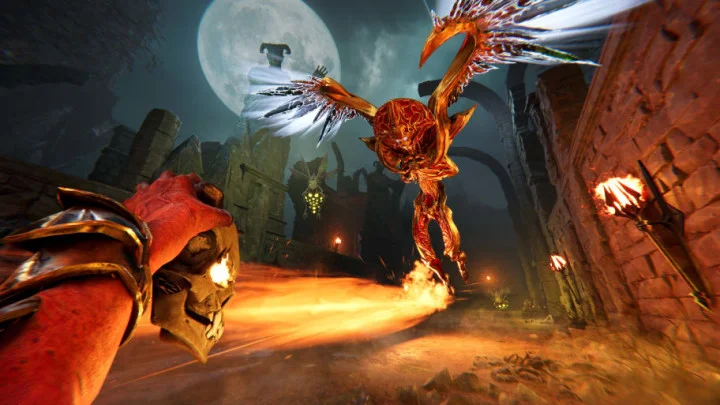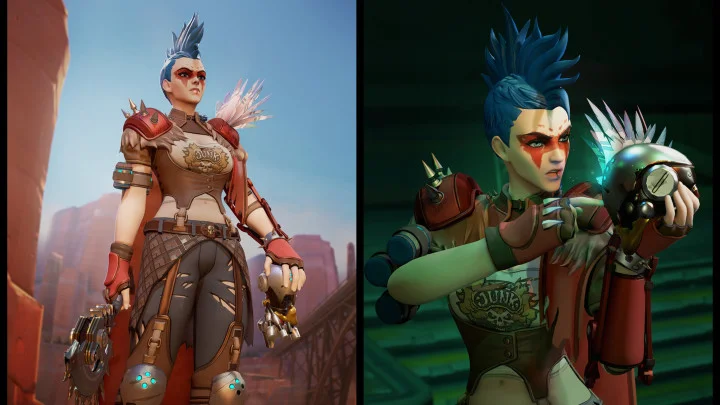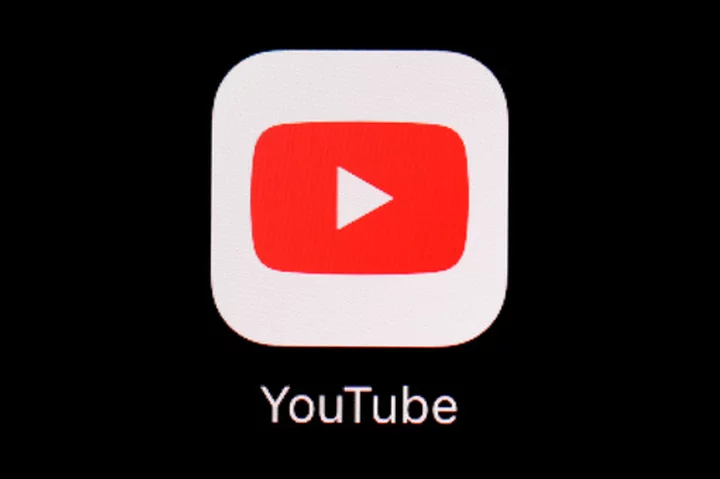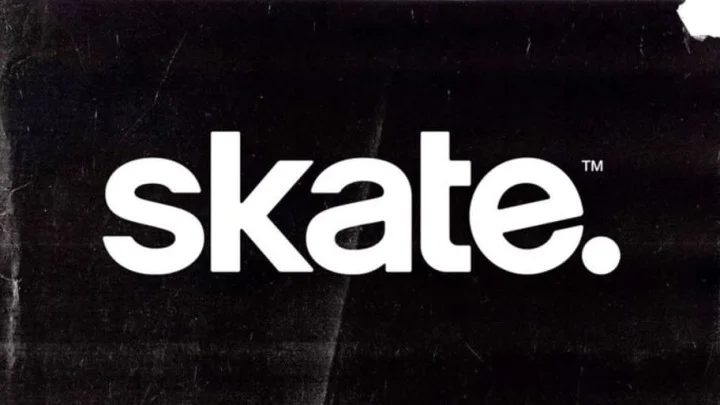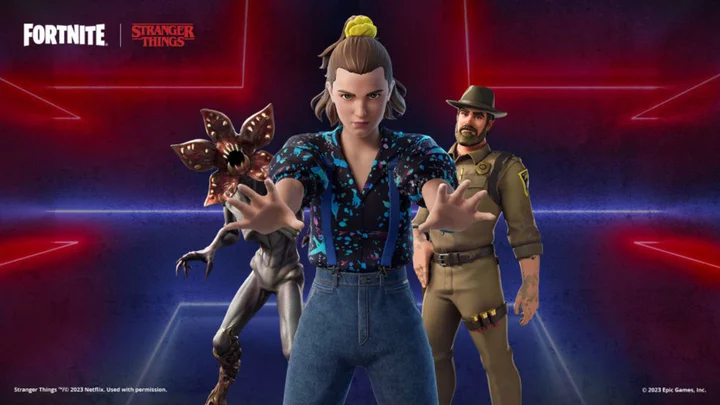Microsoft Corp. is talking to partners to help launch a mobile gaming store that will take on Apple Inc. and Google’s dominant position in the business, according to Phil Spencer, who leads the company’s Xbox video-game division.
“It’s an important part of our strategy and something we are actively working on today not only alone, but talking to other partners who’d also like to see more choice for how they can monetize on the phone,’’ Spencer said in an interview in Sao Paulo during the CCXP comics and entertainment convention.
The executive declined to give a specific date for a launch of the online store, which earlier reports suggested could be next year. “I don’t think this is multiple years away, I think this is sooner than that,’’ he said.
Microsoft earlier this year expanded its Game Pass subscription service for players on personal computers to 11 new Latin American countries, leading to a 7% increase in customers. Peru and Costa Rica are the standouts in terms of customer interest, accounting for almost half of new signups, Spencer said. Globally Brazil is the second-biggest market for the PC Game Pass. “In many ways Brazil leads a lot of the trends that we see globally,” Spencer said.
But mobile is also really important in Brazil, and there Microsoft lags significantly.
The company recently completed its $69 billion acquisition of gaming giant Activision Blizzard Inc., which Spencer has said was motivated in part by Activision’s strong presence in mobile gaming with hits like Candy Crush and Call of Duty Mobile. He argued the deal was necessary to boost the company’s relatively small footprint in the $90 billion mobile-gaming market. The delay in closing that deal, which was completed in October, nearly two years after it was announced, kept Microsoft from being able to move to aggressively forward with its app-store plans.The business has changed since Microsoft first announced the merger. After years of strong growth, mobile gaming has experienced a market downturn. In 2022, players spent 5% less than they did the prior year, according to research from Data.ai. The trend is expected to continue this year.
Microsoft’s mobile store would also enter a challenging regulatory climate around smartphone-based digital marketplaces. Fortnite-maker Epic Games Inc. has sued both Apple and Alphabet Inc.’s Google over their iOS and Android store practices, alleging they are unnecessarily restrictive and unfair. Apple doesn’t allow competing stores on its iPhone and iPad platforms, and collects a 30% cut of sales for most purchases. Game makers have taken issue with the fees.
Epic lost its battle with Apple but in September asked the US Supreme Court to weigh in. Apple is also petitioning that court to reverse an order that would force the company to let developers steer customers to other payment methods. Epic is still in court fighting its case against Google, which does allow third-party app stores on its devices.The European Union’s Digital Markets Act, which is just beginning to take effect, could force Apple to open up its app store ecosystem. Apple is challenging the regulation.
Microsoft may be able to use long-standing resentment against the market leaders to martial support for its store offering. Xbox’s cloud gaming technology already lets users stream blockbuster games to mobile phones.
“We’ve talked about choice, and today on your mobile phones, you don’t have choice,’’ Spencer said. “To make sure that Xbox is not only relevant today but for the next 10, 20 years, we’re going to have to be strong across many screens.”
Gamers Spencer met in Brazil at a Microsoft fan event also asked him to do more with Blizzard’s World of Warcraft game for local customers and he said he plans to take the feedback back to the newly acquired team.
(Updates with details on Brazil market in fourth paragraph.)
Author: Rachel Gamarski, Dina Bass and Cecilia D'Anastasio



